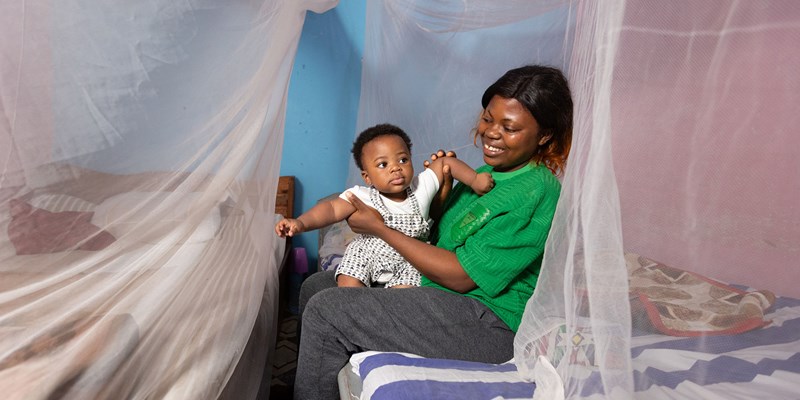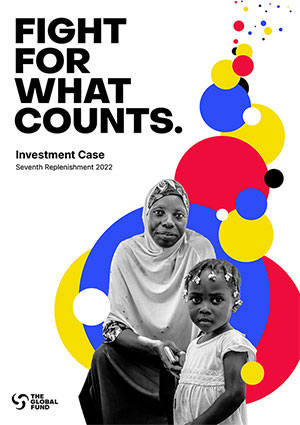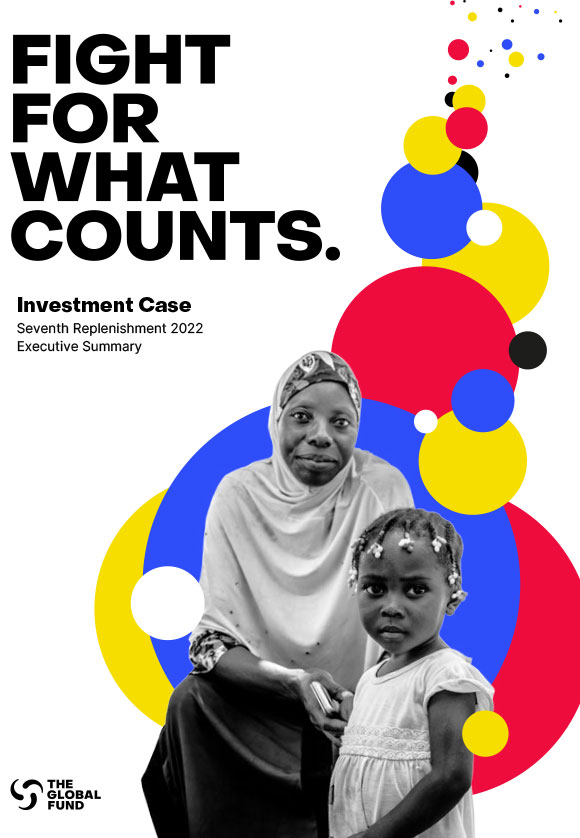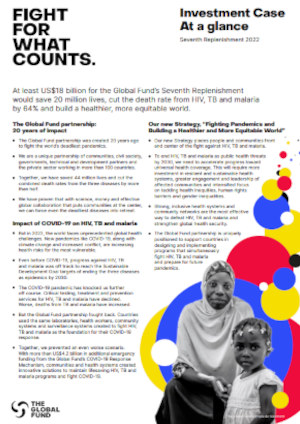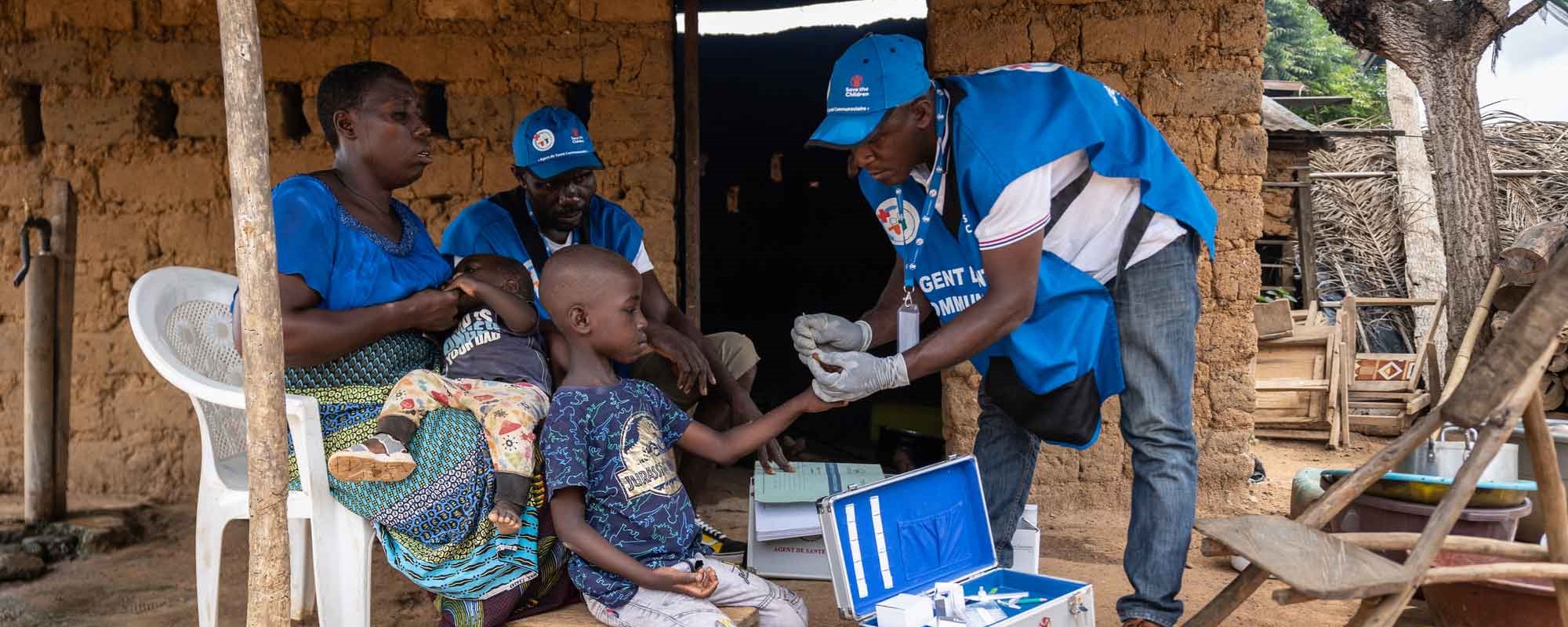

Former PMs Urge Government to Increase Spending on Infectious Diseases After COVID-19 Setbacks
Two former British prime ministers have urged the government to increase spending on tackling AIDS, tuberculosis and malaria, after the pandemic reversed recent gains that have been made in eradicating the three diseases.
In a letter signed by 13 other former government leaders, Gordon Brown and David Cameron said that progress against the diseases – which collectively killed 2.8 million in 2020 – was in danger of being “lost” as a result of the failure to mount a proper response post-Covid.
The letter calls for all Commonwealth Nations to increase their contributions to the Global Fund, an international partnership committed to eradicating AIDS, tuberculosis and malaria, by 30 per cent. For the UK, this would mean raising its contributions from £1.46bn to £1.89bn.
“This uplift is necessary to reclaim the lost gains from Covid-19,” the leaders warn. “These losses need to be reversed, and progress towards ending AIDS, TB and malaria by 2030… must be accelerated.
“Allowing these diseases to move faster than our response risks millions of lives.”
Deaths from both malaria and tuberculosis have risen as a result of the disruptive impact of COVID-19 on testing and treatment services across the world.
Some 1.5 million people died from TB in 2020, up from 1.4 million in the previous year, according to the World Health Organisation (WHO) – the first time that the annual global death count has risen in more than a decade.
Meanwhile, there were 627,000 malaria deaths and 241 million cases worldwide in 2020, WHO estimates. This marks a rise of 69,000 fatalities and 14 million infections in 2019.
And, in November, the United Nations warned that west and central Africa could see a rise in HIV infections and AiDS-related deaths in the coming years due to COVID-19’s impact on local health services.
“The world must address the damage caused by Covid,” write Mr Brown, Mr Cameron and 13 other former Commonwealth leaders. “There were significant cost increases and huge disruption to prevention and testing across all three diseases in 2020 and 2021.
“The Global Fund’s record speaks for itself, having saved 44 million lives since its creation in 2002, with many of these in Commonwealth countries.
“We are close to finishing the fight against these killer diseases, and face a choice. We can either invest in something that works or we can allow progress against three of the biggest killers in human history to be lost.”
The Global Fund asks countries for contributions every three years. This year, it is seeking to raise £14.6bn to invest in new research against AIDS, tuberculosis and malaria and better equip countries with the resources needed to combat the three diseases.
The partnership also invests in building resilient health systems to fight future outbreaks. Under current proposals, the Global Fund is seeking to double its investments into pandemic preparedness to £1.63bn.
“A fully funded Global Fund will play a central part in stopping the next pandemic before it stops us,” the leaders write.
StopAids, which helped to coordinate the letter alongside a number of NGOs, said the failure to meet the Global Fund’s replenishment target “would risk decades of progress made against these diseases”.
Mike Podmore, the director of the UK charity, said: “After the shock of the Covid-19 pandemic, it is more important than ever to strengthen health systems, particularly to fight current and future pandemics.
“For the UK, this means not abandoning its track record of leadership in support of the Global Fund.”
This article was first published in The Independent.
